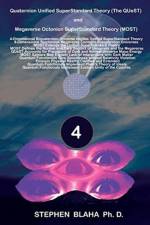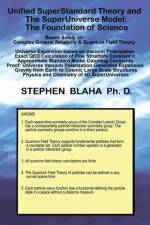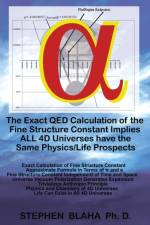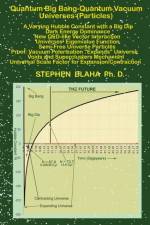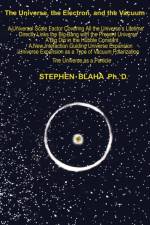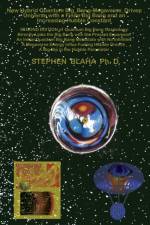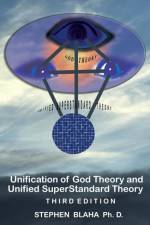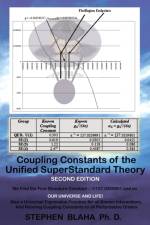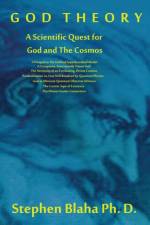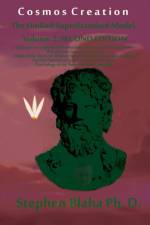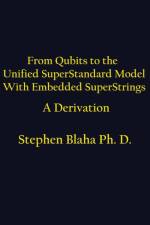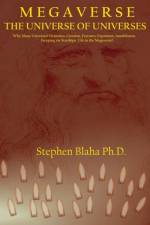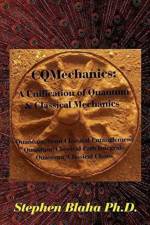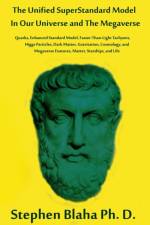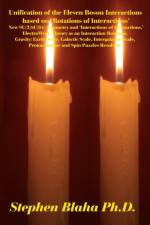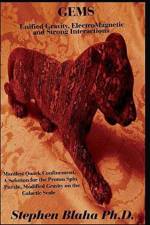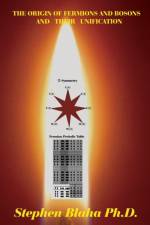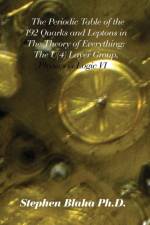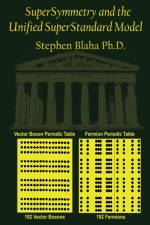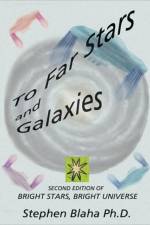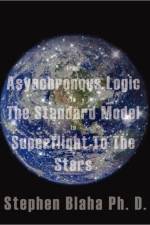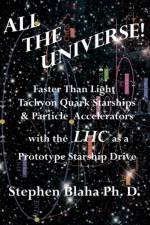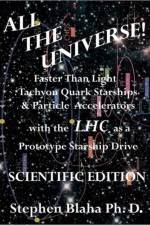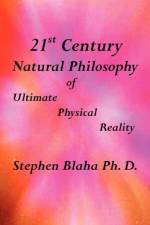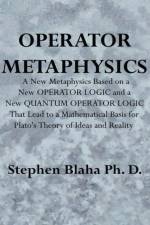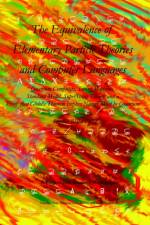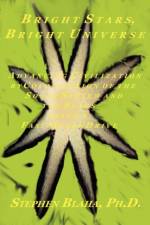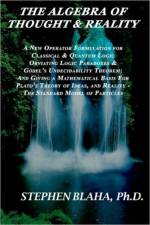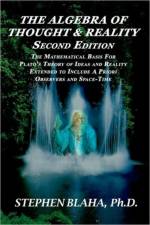- Quarks, Enhanced Standard Model, Faster Than Light Tachyons, Higgs Particles, Dark Matter, Gravitation, Cosmology, and Megaverse Features, Matter, Starships, and Life
av Stephen Blaha
1 195,-
This book clarifies, extends and revises parts of The Unified SuperStandard Model and its extension from our universe to the Megaverse of universes. The naturalness and simplicity of the derivation from first principles (primarily Relativity) leads us to suggest that the derivation is correct. More importantly, the directness of the derivation to a unified theory encompassing the known features of The Standard Model of elementary particles and Gravitation also enables us to exclude possibilities that might have been conjectured for elementary particle theory and gravity based on their unnaturalness within the framework of the derivation.The book begins by providing an explanation of the number of space-time dimensions in our universe (4) based on the number of qubit interactions and also based on the requirement that parts of physical processes must be able to run in parallel. Parallelism necessitates Asynchronous Logic which also requires a minimum 4 space-time dimensions.From this start we show Complex Special and General Relativity lead to the known spectrum of fermions and vector boson interactions - The Standard Model - plus much more.Assuming a lagrangian formalism we then show that additional groups emerge - the Generation group that gives fermion generations, and Layer groups that give four layers of fermions and vector bosons. We know only of one layer of fermions at present.Having developed the backbone of a Quantum Field Theory we eliminate all the infinities that crop up in perturbation using fuzzy, string-like, coordinates obtained by generalizing to Two-Tier Quantum Field Theory. We also eliminate issues with the particle interpretation of states by using our PseudoQuantum Field Theory. Having removed the diseases of Quantum Field Theory we turn to the Megaverse. First we describe evidence for something big beyond our universe. Then we create a Megaverse composed of universes and describe its size, age, contents and other attributes including its likely atomic nuclei, Chemistry, and life forms.We show that a universe has surface tension analogous to drops of liquid. From this concept we suggest starship designs that could lead to an exit from our universe via sling shot trajectories around neutron stars as well as other approaches. These possibilities are not likely to be feasible for tens of thousands of years yet they merit consideration.The book also shows that our Unified SuperStandard Model can be viewed as a distinct alternative to SuperString theory due to the presence of strings within dressed free particles and the presence of SuperSymmetry. In brief Two-Tier theory clothes particles with strings unlike SuperString theories which make strings into particles.The easy flow of the derivation is perhaps the best argument in its favor. In a sense our derivation yields a culmination by derivation. Other theories do not start on the bedrock of Relativity. As our derivation progresses one sees an example of a Principle of Maximal Serendipity - processes (such as our derivation) tend to proceed with maximal simplicity to better-than-expected ends. The concept of this principle was first expressed by Horace Walpole (1754) who defined serendipity as "[people] making discoveries, by accidents and sagacity, which they were not in quest of"In conclusion, here and there within this fundamental work there arise hints of a yet deeper level of Physics. The author believes that this work - although an attempt at a final theory - is not the end.

